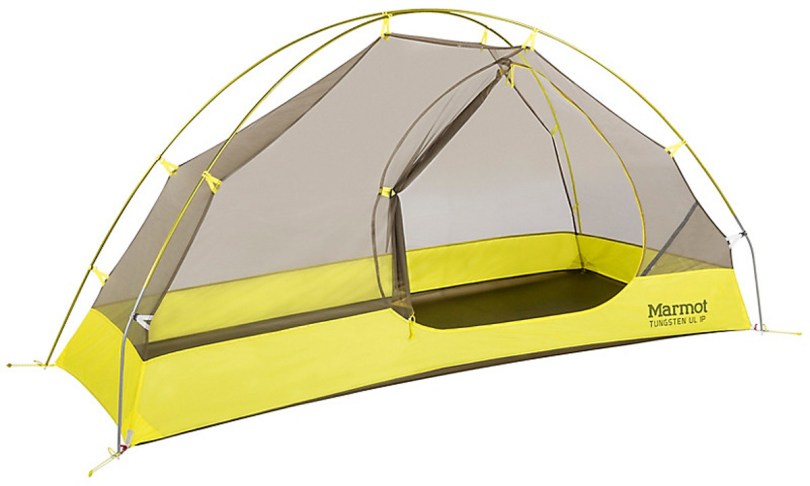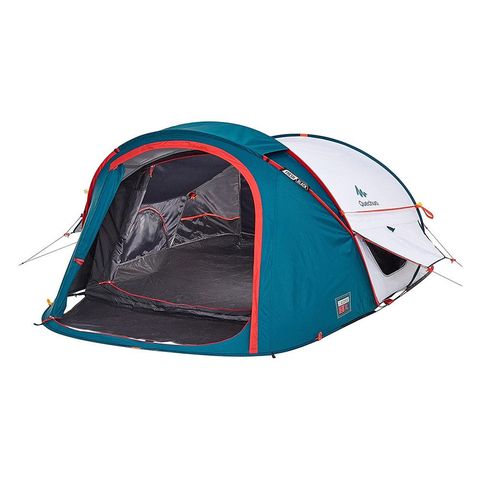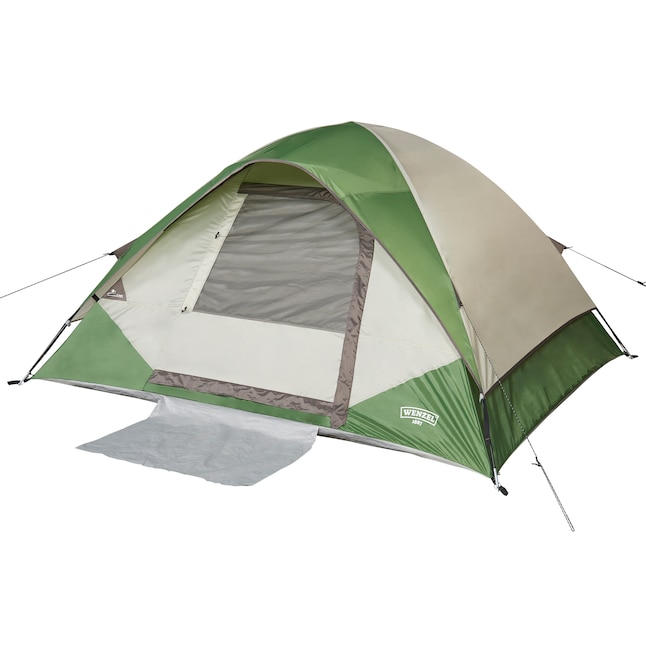
Dry camping is an off the grid lifestyle that lets people travel freely and experience the great outdoors without a lot of hassle. It comes with many challenges. First, you need to learn how to safely and legally dispose of your waste. There are many options available to help you keep your dry camping experience as green and enjoyable as possible.
First, find somewhere to dump your tank. This should be done before you reach your destination. This will save you time and money in the long-term. Also, you can wash your dishes with a wet rag to reduce the waste.
The next task is to fill your RV with fresh water. This is vital before you leave for the open road. This will ensure that you have enough fuel to last the night. Check your RV's specifications list or user manual to determine the tank capacity.

There are many places where you can find free camping sites such as campgrounds and public parks. Boondocking may also be an option. Boondocking can be similar to dry camping, except that it is done on private property and often with the owner's permission. While it is usually free, it can sometimes be more difficult finding a suitable spot.
While you're at it, you can also use solar power to charge your batteries. This will help you go longer without having to rely on your vehicle's battery. Many dry campers are equipped with gas-powered generators. Although this can be very convenient, it is not very efficient.
A 12-volt water pumps is an option. These pumps are efficient and can be used off-grid. A hard cooler can be used to store food and drink for up to ten more days.
Before you set out on the open road, you should practice what you've learned. This is especially important for novice dry campers. You'll need to start with shorter trips and build up to more substantial ones. It is not a good idea to fill your tanks up and run out. Similar to grey/black tanks, don't overfill them.

Lastly, you should make sure that you have the proper tarp for your trip. Bunget cords are a good option as they are very inexpensive. You might also consider investing in a solar panel. If you do, be sure that you know how to install it. Most people have never done this before and it can be a little intimidating.
While you're at it, don't forget to pack your toothbrush, toothpaste and other supplies you'll need during your trip. You should also have an RV cleaning kit in case of an emergency. For dishes that don't require a dishwasher, vinegar and white wine can be used. You can even use a wet rag to get rid of stains.